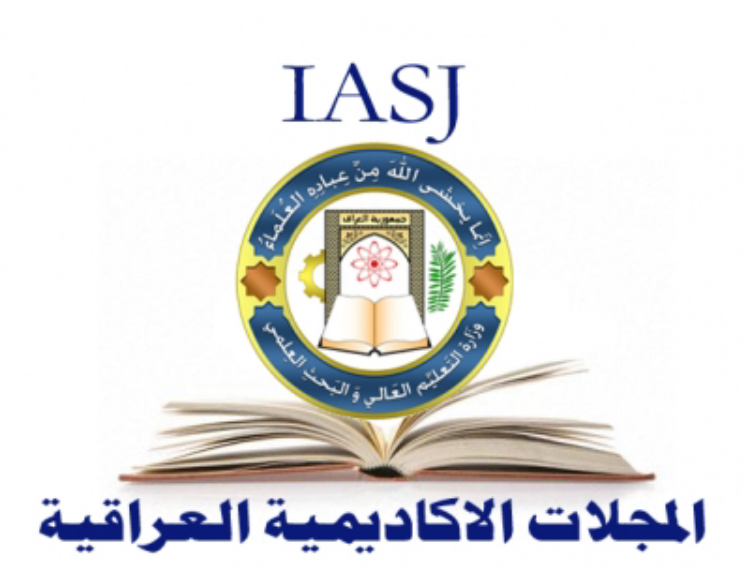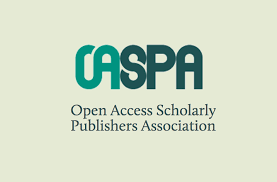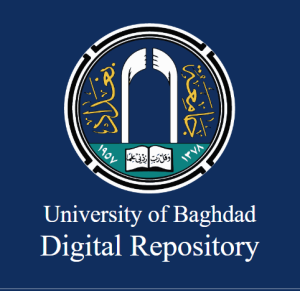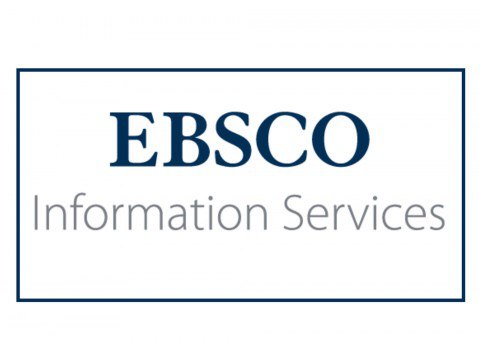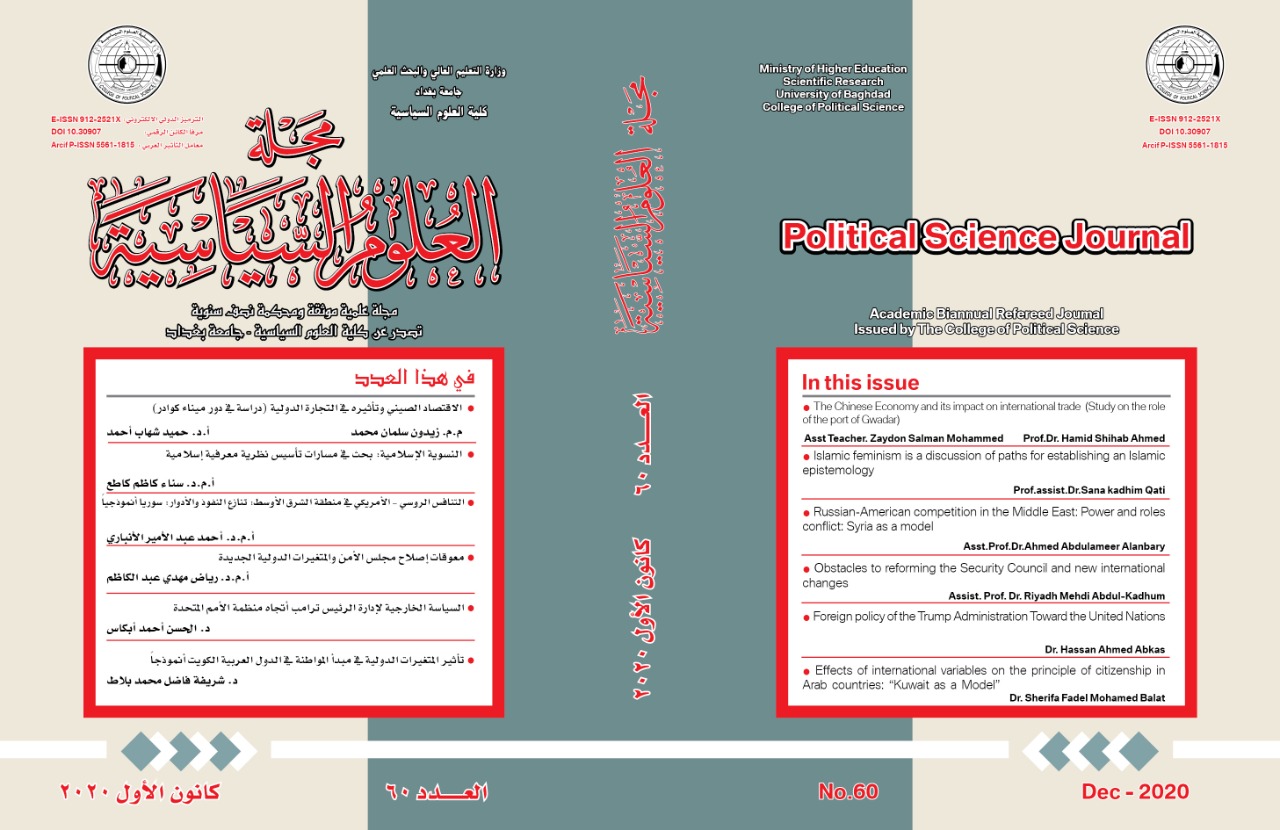Doctrinal monotheistic modeling of religion: the impact of the political aspect on Islamic sources and books
DOI:
https://doi.org/10.30907/jcopolicy.vi63.517Keywords:
Pancasila, democracy, Indonesia, elections, SuhartoAbstract
The political system in Indonesia, since gaining independence from the Dutch colonialism on the seventeenth of August 1945, has gone through long stages. The Indonesian constitution stipulated that the country is based on a democracy. In 1956 the first free elections were held in Indonesia, and President Sukarno announced the adoption of the directed democratic system Then, during the era of President Suharto, the state entered a phase called democracy based on the Five Pancasila principles, which is a false democracy because it served the interests of Suharto, who in his long reign had political and economic corruption leading up to 1998, when the Indonesian people revolted, and the government of Soeharto was overthrown and since 1999. To this day, the democratic approach has been adopted, in which the mechanisms of the electoral system based on democracy have been followed.
Receipt date: 7/12/2020
accepted date: 29/12/2020
References
قائمة المصادر:
آراء دينية.2018. "الدين في إندونيسيا" 5شباط, 2019.
https://ar.religiousopinions.com/religion-indonesia.
ابو رمان، محمد. 2019. ما بعد الاسلام السياسي مرحله جديدة ام اوهام توجيه. عمان: مؤسسة فريدريش ايبرت.
اسبينال، ادوارد. 2016. كيف استمرت اندونيسيا، الديمقراطية والاسلام في اندونيسيا الدين. بيروت: شركة المطبوعات للتوزيع والنشر.
اسماعيل، محمد صادق. 2015. التجربة الإندونيسية الاصلاح السياسي والفصل بين السلطات. القاهرة: العربي للنشر والتوزيع.
اسياوكاني، لطفي. ٢٠١٢. الديمقراطية والاسلام في اندونيسيا. ترجمة هيثم عبد العظيم. المانيا: مؤسسة غوته .
الجابري، محمد .2004. موسوعة دول العالم: حقائق وارقام. القاهرة: مجموعة النيل العربية.
المعرفة. 2014."جوكو يدودو". 14 كانون الاول, 2020.
جونز، سيدني. 2016. نهج الحكومة الاندونيسية تجاه الاسلام الراديكالي منذ العام 1998. بيروت: شركة المطبوعات للتوزيع والنشر.
خلف، احمد.2019. "دليلك لقراءة نتائج انتخابات اندونيسيا". نون بوست. 27 مايو, 2019.
https://www.noonpost.com/content/27927
دكورنوا، جاك. 1971. الجيش الاندونيسي، الجيش والحركة الوطنية، ترجمة حسن قبيسي. بيروت: دار ابن خلدون.
سليم، محمد السيد وسليم رجاء ابراهيم. 2003. الاطلس الاسيوي. القاهرة: مركز الدراسات الأسيوية، كلية الاقتصاد والعلوم السياسية.
سميث، ديتس. 1962. إندونيسيا شعبها وارضها، ترجمة حسن محمود وحسن جلال العروسي. القاهرة: مكتبة النهضة المصرية.
سوسينو، فرانتس ماغنيس .2016. "الاسلام والنظام السياسي في إندونيسيا". قنطرة. 16 تموز,2016.
شبلي، خالد ذياب. 2004. النظام السياسي الاندونيسي. جمهورية العراق: معهد الخدمة الخارجية.
شهاب، محمود اسد. 1970. صفحات من تاريخ اندونيسيا المعاصرة. بيروت: دار لبنان للطباعة والنشر.
الصباغ، احمد. 2019. "الاحزاب وممارسة العمل السياسي في اندونيسيا". مركز الفكر الاستراتيجي للدراسات.
صلاح، مصطفى. 2018. "البانتشاسيلا: مبادئ التلاحم الوطني في ميثاق جاكارتا". مؤسسة دراسات وابحاث استشراقية حول الاسلام الحركي.25 حزيران,2018.
file:///C:/Users/pc/Downloads/56863342.pdf
طايع، محمد سالمان. 1997. اندونيسيا. القاهرة: مركز الدراسات الاسيوية.
عبد السميع، بسام. 2019." 5% نمو الاقتصاد الاندونيسي". صحيفة الاتحاد. 27 يوليو,2019.
العبودي، محمد بن ناصر. 1999. في اندونيسيا أكبر بلاد المسلمين. الرياض: مكتبة الملك فهد الوطنية.
علي، نادية عبد الحميد. 2020. "التحول الديمقراطي في اندونيسيا من الاستبدادية الى الديمقراطية الوليدة". ملتقى الباحثين السياسيين العرب. 22 يونيو، 2020.
الهرم السكاني نت.2019. "كثافة السكان اندونيسيا". 2020.
لوبيس، اماني برهان الدين. 2010. "الديمقراطية بإندونيسيا". مجلة الاسلام الاندونيسي. العدد 2: 413-436.
ليدل، ر. ويليام المجني، سيف. 2016. الديمقراطية الإندونيسية من المرحلة الانتقالية الى الترسيخ، ترجمة محمد عثمان خليفه عبد. بيروت: شركة المطبوعات للتوزيع والنشر.
هلال، رضا. 2010. المجتمع المدني في اندونيسيا: الواقع والمشكلات وتصورات المستقبل. القاهرة: مركز الدراسات الآسيوية.
List of references:
Religious Views.2018. "Religion in Indonesia" February 5, 2019.
https://ar.religiousopinions.com/religion-indonesia.
Abu Rumman, Muhammad. 2019. Post-political Islam, a new stage or illusions of guidance. Amman: Friedrich Ebert Foundation.
Espinal, Edward. 2016. How Indonesia Sustained Democracy and Islam in Indonesia's Religion. Beirut: Publications Company for Distribution and Publishing.
Ismail, Muhammad Sadiq. 2015. The Indonesian Experience of Political Reform and Separation of Powers. Cairo: El Araby for Publishing and Distribution.
Asiaokani, Lotfi. 2012. Democracy and Islam in Indonesia. Translated by Haitham Abdel Azim. Germany: Goethe Institute.
Al-Jabri, Muhammad. 2004. Encyclopedia of countries of the world: facts and figures. Cairo: The Arab Nile Group.
Knowledge. 2014. “Goku Yedodo.” December 14, 2020.
Jones, Sydney. 2016. The Indonesian Government’s Approach Toward Radical Islam Since 1998. Beirut: Publications Company for Distribution and Publishing.
Khalaf, Ahmed. 2019. "Your guide to reading Indonesia's election results". Noun Post. May 27, 2019.
https://www.noonpost.com/content/27927
DeCournois, Jack. 1971. The Indonesian Army, the Army and the National Movement, translated by Hassan Kobeisi. Beirut: Ibn Khaldoun House.
Selim, Mohamed El-Sayed and Saleem Raja Ibrahim. 2003. Asian Atlas. Cairo: Center for Asian Studies, Faculty of Economics and Political Science.
Smith, Deats. 1962. Indonesia, Its People and its Land, translated by Hassan Mahmoud and Hassan Jalal Al-Arousi. Cairo: The Egyptian Renaissance Library.
Socino, Franz Magnes. 2016. Islam and the political system in Indonesia. arch. July 16, 2016.
Shibli, Khaled Diab. 2004. The Indonesian Political System. Republic of Iraq: Institute of Foreign Service.
Shehab, Mahmoud Asad. 1970. Pages from the History of Contemporary Indonesia. Beirut: Lebanon House for Printing and Publishing.
Sabbagh, Ahmed. 2019. “Parties and the Practice of Political Action in Indonesia.” Strategic Thought Center for Studies.
Salah, Mustafa. 2018. “Pancasila: Principles of National Cohesion in the Jakarta Charter.” Foundation for Oriental Studies and Research on Kinetic Islam. June 25, 2018.
file:///C:/Users/pc/Downloads/56863342.pdf
Taya, Muhammad Salman. 1997. Indonesia. Cairo: Center for Asian Studies.
Abdel Samee, Bassam. 2019. “5% growth of the Indonesian economy.” Union newspaper. July 27,2019.
Al-Aboudi, Mohammed bin Nasser. 1999. Indonesia is the largest Muslim country. Riyadh: King Fahd National Library.
Ali, Nadia Abdel Hamid. 2020. “Indonesia’s democratic transition from authoritarianism to nascent democracy.” Forum of Arab political researchers. June 22, 2020.
Population pyramid net.2019. "Indonesia Population Density". 2020.
Lopes, Amani Burhanuddin. 2010. “Democracy in Indonesia.” Indonesian Islam Journal. Issue 2: 413-436.
Liddell, R.; William Al-Majni, Seif. 2016. Indonesian democracy from transition to consolidation, translated by Muhammad Osman Khalifa Abdul. Beirut: Publications Company for Distribution and Publishing.
Helal, Reda. 2010. Civil Society in Indonesia: Reality, Problems and Future Perspectives. Cairo: Center for Asian Studies.
Downloads
Published
Issue
Section
License
Copyright (c) 2022 Political sciences journal

This work is licensed under a Creative Commons Attribution 4.0 International License.





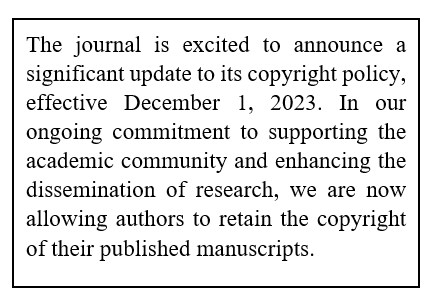
 ©️ 2023 The Author(s). Published by College of Political Science, University of Baghdad. This is an Open Access article distributed under the terms of the
©️ 2023 The Author(s). Published by College of Political Science, University of Baghdad. This is an Open Access article distributed under the terms of the 
